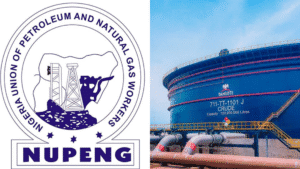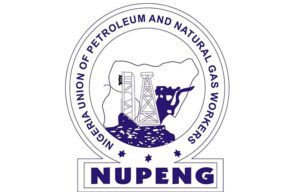A bold new strategic roadmap is set to revitalise Nigeria’s palm oil industry, targeting the creation of 1.5 million hectares of plantations and positioning the sector as a catalyst for job creation and economic growth.
Joe Onyiuke, President of the Oil Palm Growers Association of Nigeria, said the initiative marks the first time a commodity group has designed a tailor-made growth plan for a subsector, addressing its unique needs and aspirations.
“In Nigeria’s agricultural journey, palm oil stands as a pillar of economic development. However, a lack of structured planning has hindered growth. This strategy aims to fill that gap,” Onyiuke stated in Abuja.Bridging the Production GapNigeria, once a global leader in palm oil exports in the 1960s, is now the largest consumer of palm oil in Africa.
While the country consumed over three million metric tons (MT) of fats and oils in 2018, it produced only about 1.02 million MT, leaving a deficit of 1.92 million MT.Data from the US Department of Agriculture (USDA) revealed that production reached 1.4 million MT in 2022, yet demand remains significantly higher.
Nigeria continues to lag behind key global players such as Indonesia, Malaysia, Colombia, and Thailand. In 2024 alone, Indonesia earned $23 billion from palm oil exports.
The Federal Ministry of Agriculture and Food Security has backed the 1.5 million-hectare target, with Abdullahi G. Abubakar, Director of the Federal Department of Agriculture, hailing the plan as a landmark collaborative effort to reboot the industry.
“We now have a clear direction driven by practitioners themselves. This plan reflects a unity of purpose,” he said.
Nigeria’s private sector has responded robustly. PZ Wilmar, a subsidiary of PZ Cussons, has invested over $150 million in 26,500 hectares of oil plantations across Cross River State, including estates in Calaro, Ibiae, Kwa Falls, and Oban.
In March, BUA Group signed a deal with Alfa Laval PVT Limited to build a 1000 metric-ton-per-day (TPD) palm oil refinery in Nigeria. The agreement, sealed in Dubai, marks a major step towards industrial-scale refining.
Similarly, UNIDO and the National Palm Produce Association of Nigeria (NPPAN) have attracted €300 million in investment, aimed at creating over 300 jobs and using technology to stimulate production.
Emerging Players and Expansion PlansFirms like Ellah Lakes are entering the space, with plans to begin palm oil and palm kernel oil production in the first half of 2025.
According to MD Chuka Mordi, the company is also acquiring a palm kernel mill to diversify revenue.
Meanwhile, Okitipupa Oil Palm Plc (OOP), backed by core investor Pink Nominee Ltd, has acquired four modern processing mills to boost production across eight plantations in Ondo State.
MD Taiwo Adewole said the move is part of a vision to make OOP a key player in the palm oil value chain.
Nigeria’s listed agro giants Okomu Oil and Presco Plc recorded their highest profits in a decade in 2024. Despite inflation and naira devaluation, Presco’s after-tax profit grew by 4,088.7%, while Okomu Oil’s profit soared by 1,188.3% compared to 2015.
Femi Oke, Chairman of the All Farmers Association of Nigeria (Lagos/Southwest), said, “Edo State remains the epicentre of Nigeria’s best palm oil due to its fertile land and high-yield plantations.”
Stay tuned to 9am News Nigeria for more Breaking News, Business News, Sports updates And Entertainment Gists.
















